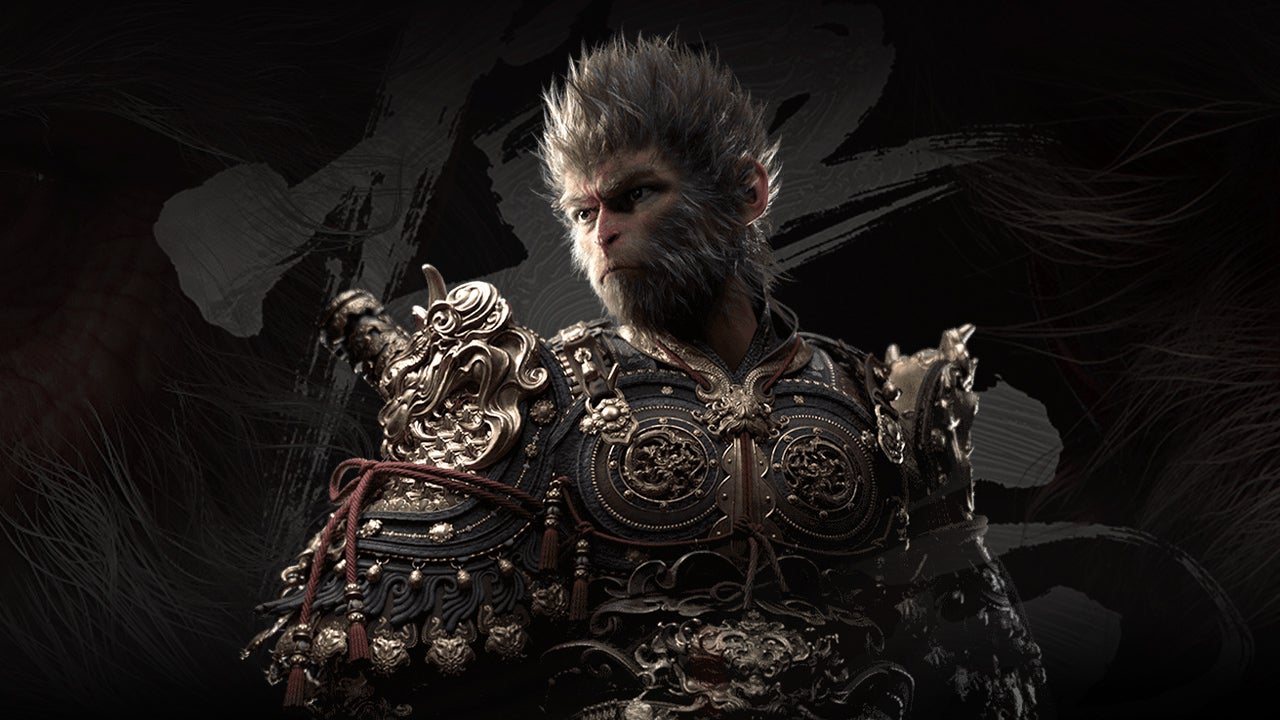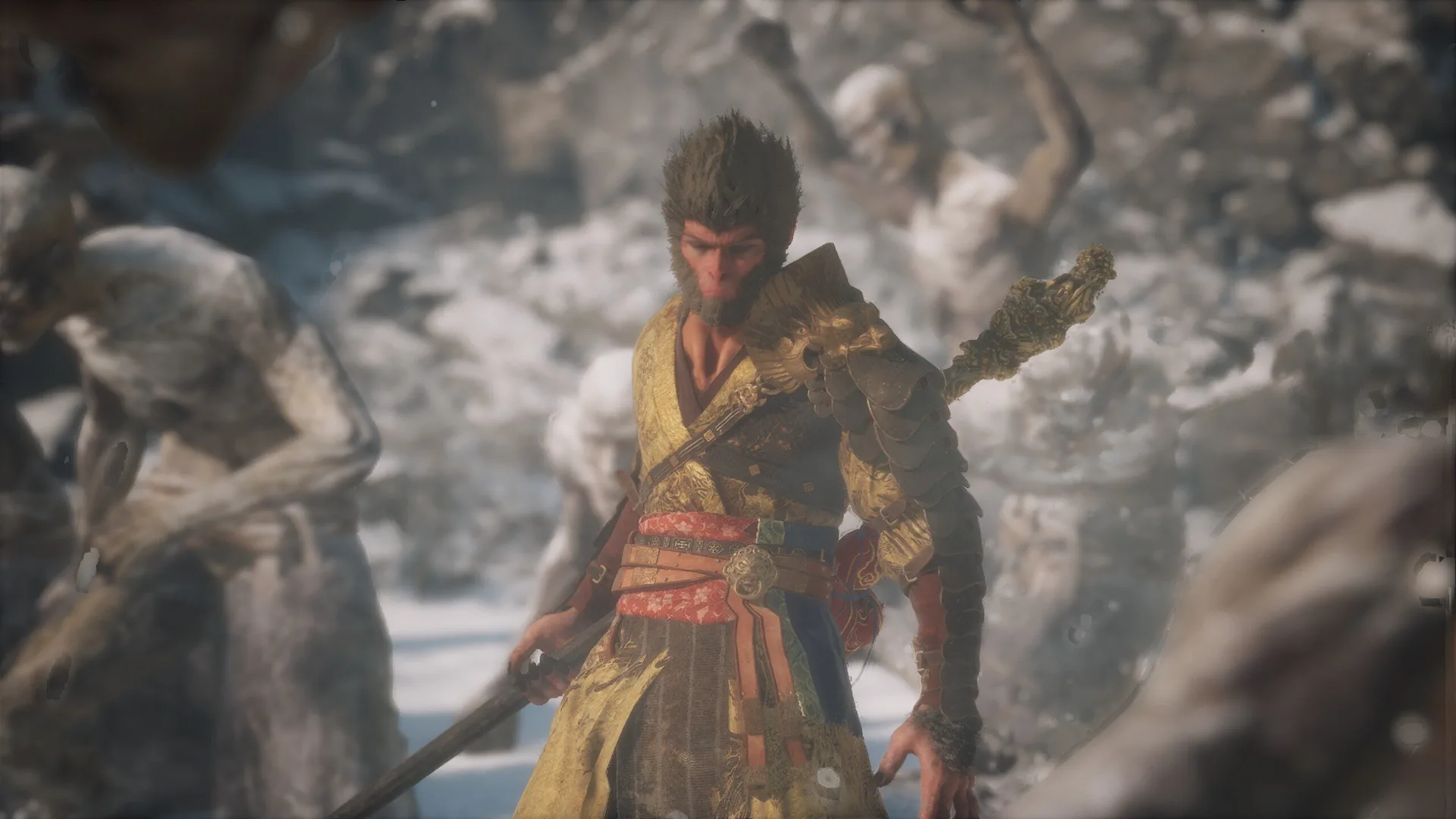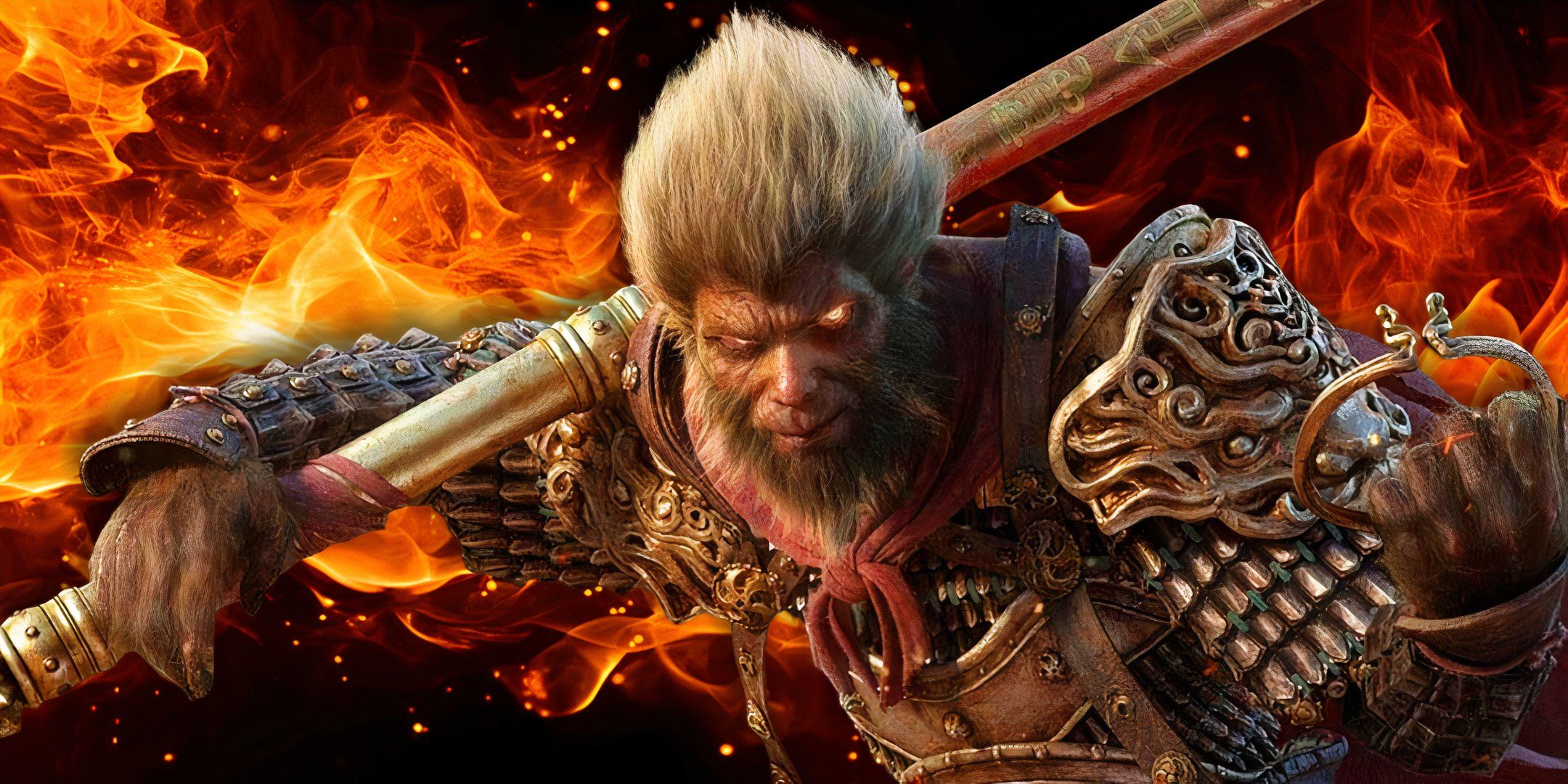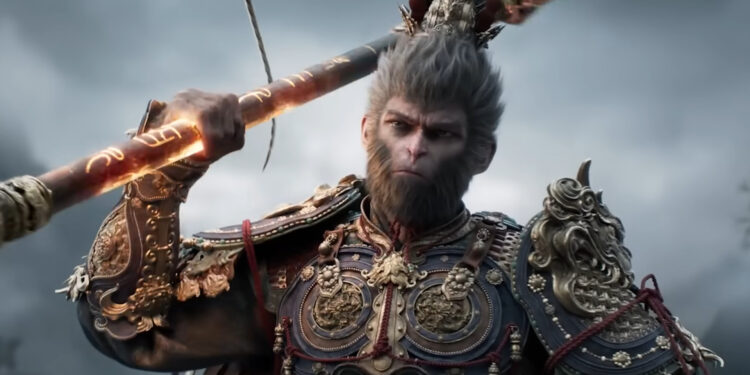In an industry where the battle for supremacy among video games intensifies with each release, Black Myth: Wukong has emerged not just as a contender but as a potential legend. At the recent Tokyo Game Show, Ken Kuturagi, the former PlayStation CEO, made a groundbreaking announcement that has set the gaming world abuzz. According to Kuturagi, Game Science’s latest creation, Black Myth: Wukong, has sold over 20 million units in just a few weeks post-launch. To put this monumental achievement into perspective, consider that Grand Theft Auto V, the fastest-selling game in history, moved 11 million copies within the first 24 hours of its release.

Dominating the Digital Playground
What makes Black Myth: Wukong’s success even more remarkable is the platform distribution. Insider Gaming, leveraging data from SteamDB and their calculations, reports that the game saw three million concurrent players at its peak. Notably, 2.4 million of these were on Steam, indicating a dominant preference for PC gaming, with approximately 600,000 players on PS5 during the same timeframe. This distribution underscores a significant market trend, especially considering that about 80% of the game’s player base chose PC over console at launch.

Cultural Resonance and Technological Triumph
Black Myth: Wukong’s success can be attributed to a combination of cultural resonance and technological prowess. Developed by Shenzhen-based Game Science, the game is an adaptation of the classic Chinese epic, Journey to the West. This cultural connection has likely fueled its massive popularity in China, where PC and mobile gaming have long dominated due to historical restrictions on game consoles. The overwhelming response to Game Science’s first major single-player game not only heralds a bright future for the studio but also signifies a shift in the gaming industry. As players increasingly value deep, culturally rich narratives coupled with robust gameplay, Black Myth: Wukong stands out as a beacon of innovation and quality.

The Broader Impact
In a year filled with uncertainties where even the safest bets have stumbled, the success of Black Myth: Wukong is a testament to the evolving tastes and preferences of the global gaming community. It challenges the norms, suggesting that the appetite for new stories and immersive experiences is more voracious than ever.
What Does This Mean for the Future of Gaming?
As Black Myth: Wukong carves its name into the annals of gaming history, questions about what this means for the future of entertainment and storytelling in video games are at the forefront. Will more developers venture into culturally specific narratives? How will the balance of power between PC and console gaming shift in the coming years? These are just a few of the discussions being sparked by this game’s staggering success.

With an ever-growing fanbase and critical acclaim, it is clear that Black Myth: Wukong is not just a game; it is a phenomenon that is redefining what games can be and who they can inspire. As the industry looks forward, it does so with a new benchmark in both sales and engagement, courtesy of a title that has boldly stepped into the territory once occupied by giants and made it its own.










